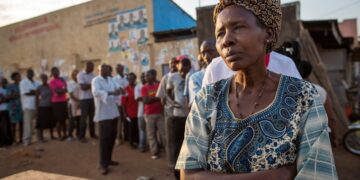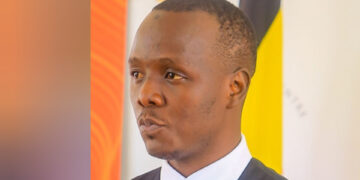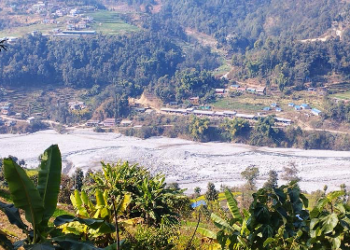OPINION
One of the global aspirations is to achieve universal access to clean energy for all by 2030. According to United Nation SDG7 which focuses on ensuring access to affordable, reliable, sustainable and modern energy for all, we are five years from the deadline and the reality is far from the ideal.
As Uganda prepares to host a National Renewable Energy Conference and Expo from October 20th to 22nd 2025 under the theme “Transforming Energy Systems for Livelihoods and Conservation”, this year’s discussions should focus on empowering Ugandan women and youth in renewable energy transition.
Women and Youth involvement and participation in Uganda’s energy transition is crucial on a journey of achieving a sustainable and inclusive energy future by 2030.
With the global shift toward sustainable energy, Uganda’s youth have the opportunity to lead initiatives promoting renewable sources like solar, wind, and hydropower.
These efforts can range from innovative technology adoption to grassroots advocacy for renewable energy solutions, for example, youth entrepreneurs can provide affordable and sustainable solar energy solutions for rural communities without grid connectivity.
By harnessing solar power, they can address energy shortages while contributing to climate change mitigation.
Both women and young people must be enabled to fully participate through interdisciplinary networking, skill development, coaching, advocacy and mentorship programs, empowerment with initiatives like trainings, workshops, funding opportunities, necessary skills and resources.
Uganda’s Women and Youthful population present a significant opportunity for the country to achieve its energy goals with Youth and Women involvement in advocacy campaigns raising awareness about energy efficiency and renewable energy.
The government should come up to support Youth and Women led renewable energy projects, innovations, and ensure that the energy transition plan is just and inclusive considering the country’s patriarchal society and existing gender inequalities.
They should implement initiatives to enhance women’s access to clean energy in the form of energy-efficient cooking stoves and home lighting solutions accelerating progress toward gender equality and increase their participation in the economy.
By Doreen Asasira,








































